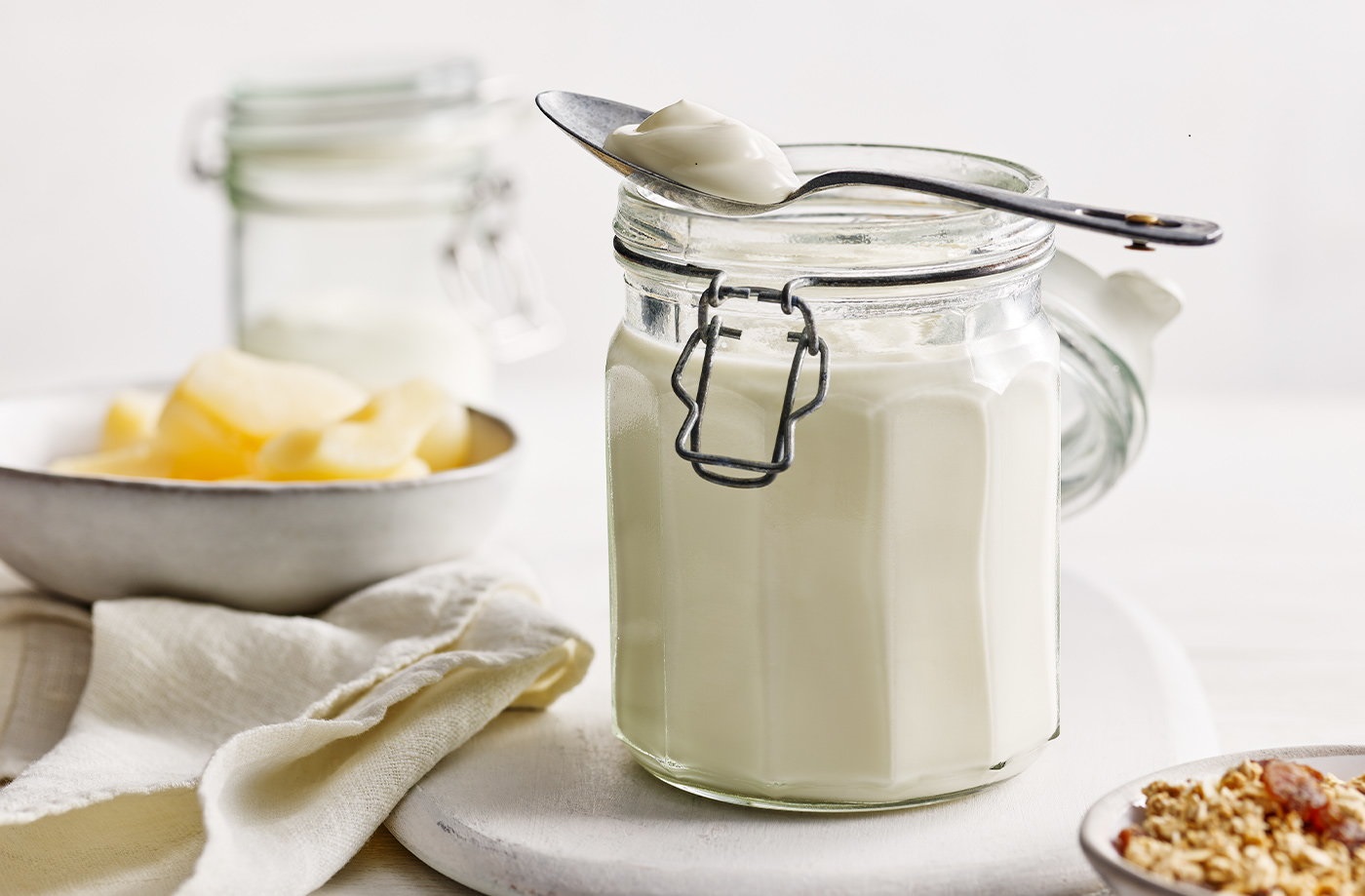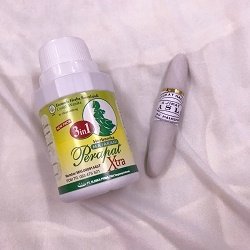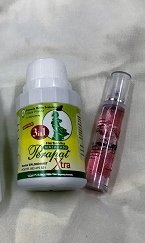Bacterial Vaginal Infection
Bacterial vaginal infection also known as bacterial vaginosis (BV) is a vaginal infection that produces abnormal vaginal discharge.
Note: The term bacterial vaginal infection and bacterial vaginosis (BV) is interchangeable. At times, for brevity I will be using the the term bacterial vaginosis (BV) in my content here.
BV is the most common reproductive tract infection in women of child bearing age. In fact it is twice as common as vaginal yeast infection.
Bacterial vaginosis is not sexually transmitted. Therefore it is not considered an STD. But having bacterial infection of the vagina can increase your chance of getting STDs such as chlamydia and gonorrhea.
You cannot get bacterial vaginois (BV) from toilet seats, bed sheets and swimming pools.
Bacterial vaginal infection rarely affects women who have never had sex.
Causes of Bacterial Vaginal Infection
A healthy vagina has just the right amount of yeast and natural good bacteria complementing each other.
The good or beneficial bacteria (hydrogen peroxide producing lactobacilli) helps to maintain the best acidic environment in the internal vaginal anatomy. It inhibits the growth of harmful or anaerobic bacteria.
Bacterial vaginosis (BV) occurs when there is an imbalance in the ratio of the beneficial and harmful bacteria. This means that when the population of the “bad bacteria” outnumbers the good ones you get BV or bacterial vaginosis.
The optimum balance of beneficial and harmful bacteria in the vagina can be offset by:-
- Vaginal douching
- IUD (intrauterine device) as birth control
- Antibiotics
- Hysterectomy or D & C (dilation and curettage)
- Pregnancy
- Having a new sexual partner or
multiple sexual partners
Symptoms of Bacterial Vaginal Infections
Some women with bacterial vaginal infection do not manifest any symptoms. But if symptoms do occur, there is :-
- Changes in the color and consistency of the vaginal discharge. It is watery, has an off white or greyish color with a strong, unpleasant odor, like "fishy smell".
- Pain, itching and burning around the vulva
- Burning sensation when urinating
Natural Treatments for BV
Rather than taking antibiotics, it is better to treat BV or bacterial vaginal infection with home and herbal remedies.
Antibiotics treat the symptoms and not the cause of BV. Medication kills the “bad bacteria” that are present. But it fails to reverse the primary cause of the infection, which is to restore the optimum population of the “good bacteria.”
Probiotics rich foods, herbal supplements and home-based washes not only cure but get to the root of the problem.
The following holistic methods solve the root cause of the problem. When you treat the cause, recurrence is rare.
Probiotics
Probiotics are friendly, live bacteria (Lactobacillus) that guard against harmful micro-organisms in your body.
You can take probiotics supplement and include fermented foods in your diet to boost probiotics level. Besides providing the friendly bacteria, fermented foods are rich in vitamins and minerals which is good for your overall health.
It is easy to include fermented foods in your diet. Here are a number of choices:-

Yogurt - is the easiest available form of probiotics. It is milk that has been fermented with the live culture of lactic acid bacteria and bifidobacteria. Make sure that it has the lable "live cultures" on the package when you are making the purchase.
Tempeh - is fermented soybean product. It is a high protein meat substitute and a good source of vitamin B12. It has a nutty, mushroom like flavor. It is delicious just by cooking with pantry staples.
Kimchi - is a Korean staple, made by fermenting Napa cabbage with spicy seasonings. It contains lactic acid bacteria which is good for gut health. And it is rich in Vitamin K, B2 and iron.
Sauerkraut - is finely cut cabbage fermented by lactic acid bacteria which is an old traditional food popular in Eastern European countries. Sauerkraut is rich in vitamins, mineral, iron and potassium.
Home Remedies for Bacterial Vaginal Infection
Garlic –Include lots of garlic in your diet as it contains Allicin which is a powerful antibiotic. But unlike antibiotics, allicin only kills the bad bacteria. Your good bacteria is not disturbed.
Tea Tree Oil - You can cleanse the vagina with tea tree oil to relief the itching and burning sensation. Mix a few drops of tea tree oil with enough water to soak a wash cloth. Then use it to dab the vagina for 5-10 minutes, then rinse off with warm water.
Apple Cider Vinegar - Drink a glass of water mixed with 1 tablespoon of apple cider vinegar daily. Vinegar provides an acidic environment for good bacteria to thrive.
Or you can add 2 cups of apple cider vinegar to your bath tub. Soaking in the warm bath for twenty minutes will relief the discomforts of BV.
You can also dipped a tampon in plain yogurt and insert it into the vagina. After 15minutes take out the tampon and rinse the vagina with warm water. This treatment helps to increase the populace of the “good bacteria” (lactobacilli)
Cranberry- Cranberry detoxifies and strengthens the body’s immune system. It can prevent vaginal infections and UTI (urinary tract infection). You can supplement with cranberry tablet or drink cranberry juice.
Medical Treatment for Bacterial Vaginal Infection
Other than being unpleasant and uncomfortable, bacterial vaginal infection is not dangerous. But, if symptoms do not resolve on its own within a week or two, see a doctor. It could be STDs such as Chlamydia and gonorrhea.
DO NOT home treat BV if you are pregnant as Bacterial vaginosis can cause child birth complications. There is also a higher chance of a premature baby.
Back to top- Home
- Vaginal Infection
- Bacterial Vaginal Infection
Like This Page?


Facebook Comments
Thanks for visiting. Have your say on what you just read? Leave a comment in the box below!